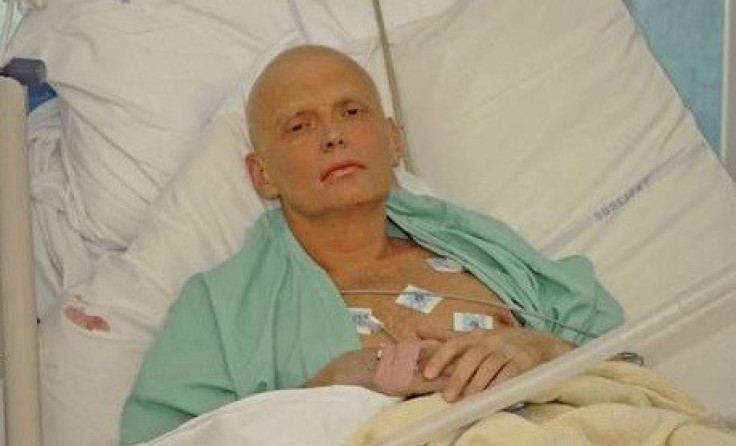Alexander Litvinenko Inquest: Moscow Links to Spy's Death to be Kept Secret
Inquest into death of ex-KGB agent poisoned on London in doubt following William Hague request

The inquest into the death of Alexander Litvinenko will not include any evidence that could suggest Russian involvement in his death following a request by the foreign secretary.
The coroner, Sir Robert Owen, upheld an application by William Hague to exclude key evidence which could suggest the Russian state was involved in Litvinenko's poisoning.
Owen also agreed to withhold any evidence which would show British authorities could have prevented his death.
With key evidence not being presented, the coroner may consider scrapping the inquest altogether.
Hague had requested that some evidence be withheld through a Public Interest Immunity (PII) application. He said it could damage "national security and/or international relations".
Litvinenko, 43, died in November 2006 after he was poisoned with highly radioactive Polonium-210 in London. It is alleged that his tea had been laced with polonium when he met two former Russian colleagues, Andrei Lugovoi and Dmitry Kovtun, at the Milennium Hotel in Mayfair.
He died three weeks later in University College Hospital. His family released a photograph that revealed the damaging effects of the poison on him.
Moscow has always denied involvement in his death and refused to extradite any suspects.
Owen will now look into whether to scrap the inquest entirely rather than complete one on an "incomplete, inadequate and potentially misleading basis".
Owen will speak to Teresa May about the possibility of hearing some evidence in secret in a public inquiry.
"It is my present view that I should hear submissions as to whether I should invite the Home Secretary on behalf of government to consider whether the power to hold an inquiry should be exercised in this case," he said.
Alex Goldfarb, a friend of the Russian spy, said the ruling to trim evidence was "deeply dismaying".
"It appears the British government is more concerned about the use of chemical weapons in Syria than radioactive weapons being used on the streets of London.
"It's an admission by the British government that the Russian state is culpable because otherwise they would not have requested immunity."
The inquest is scheduled to begin on 2 October.
Hugh Davies, counsel to the inquest, told a pre-inquest hearing that confidential documents "established a prima facie case as to the culpability of the Russian state in the death of Alexander Litvinenko".
Davies added that there was no evidence in the documents to suggest that Britain was involved in the death or could have prevented it.
It wasalleged that the former KGB spy was acting as a 'triple agent', working with both British and Spanish secret services to investigate the Russian mafia in the days before his death.
© Copyright IBTimes 2024. All rights reserved.






